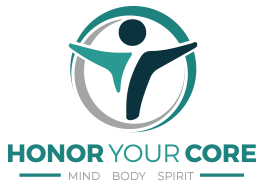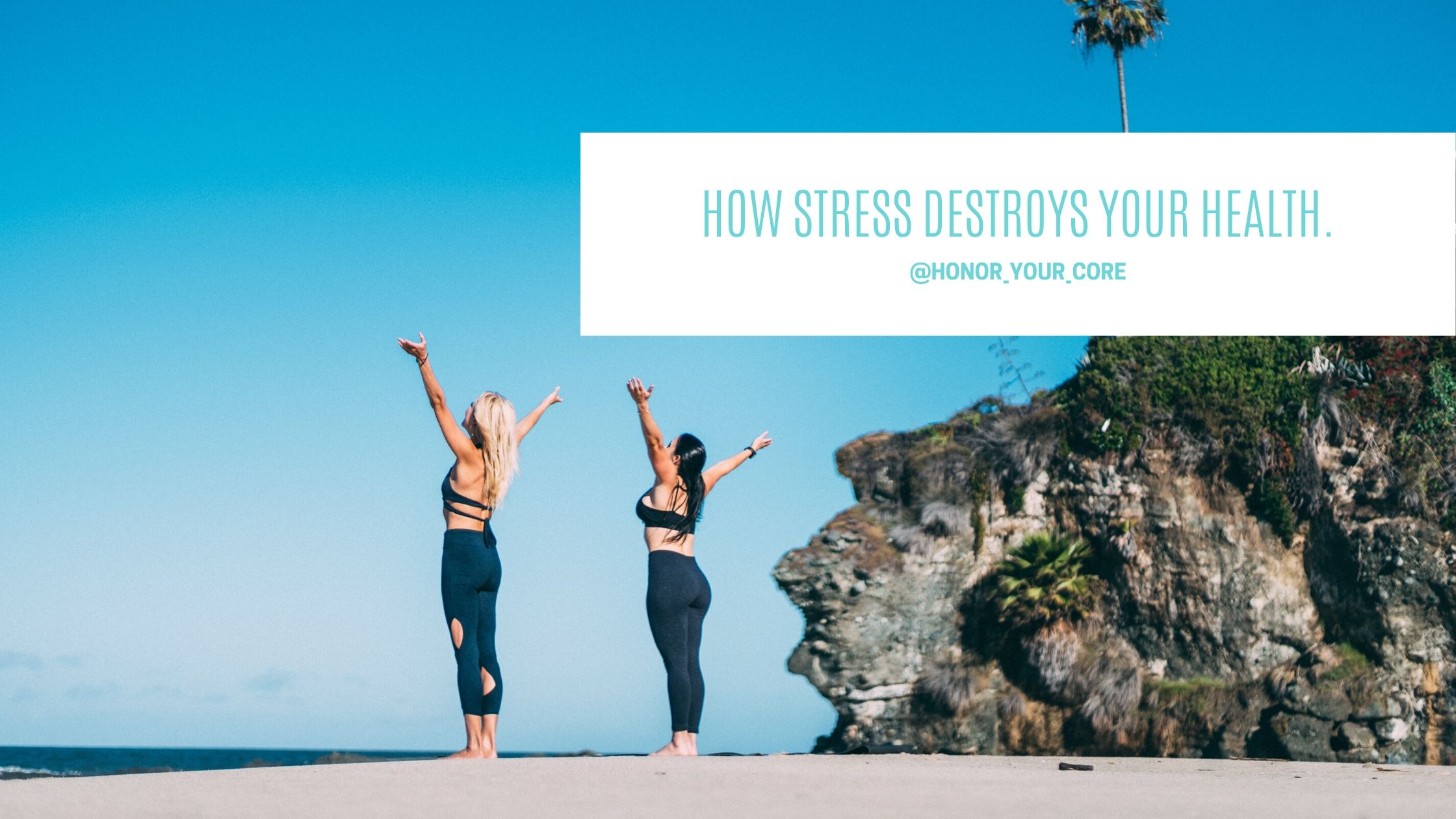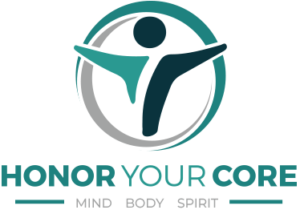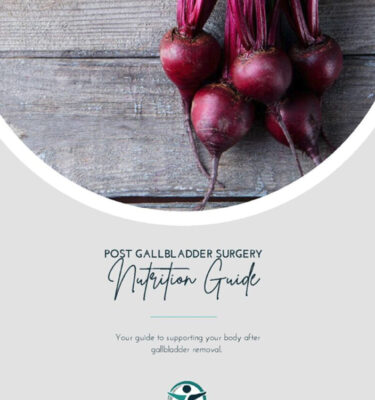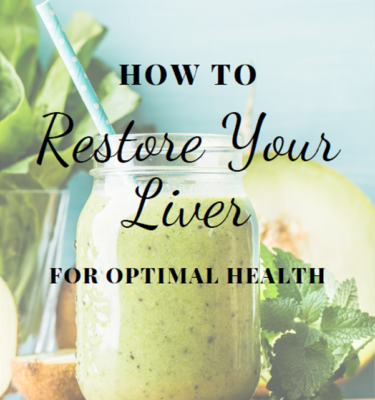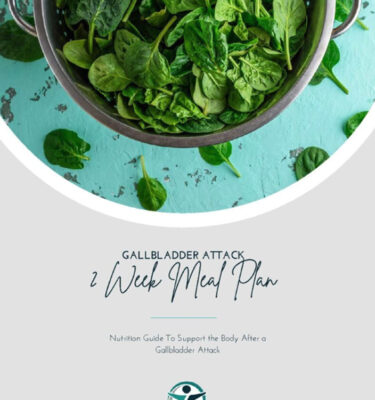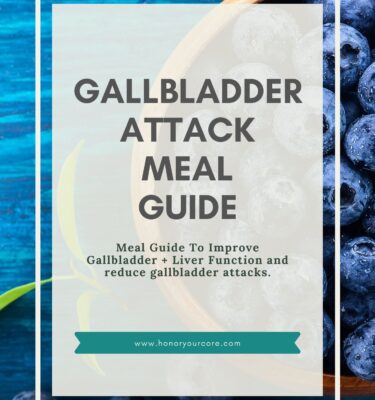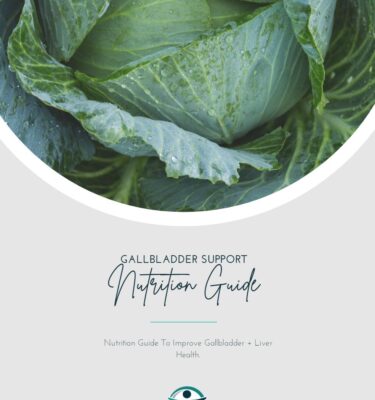Cramming at work, fear or loss of job, marital problems, loss of a family member, fear of COVID-19, these are many stressors we are experiencing right now. Stress can be positive in the short term, but what happens when we experience stress for too long?
Initially you may experience signs like acne, hair loss, loss of sexual drive, low energy, headaches, poor sleep, muscle tension, chronic pain, constipation, diarrhea, and abdominal pain. You blow it off and think its no big deal but this constant state of fight-flight stress response is so damaging to your brain, cells and organs. But most importantly chronic stress increases inflammation which can lead to many chronic diseases.
When we are experiencing too much stress adrenal organs release stress hormones cortisol, epinephrine, and nonrepinephrine. This constant state of fight-flight affects our body the following ways:
- Too much adrenaline causes our heart to beat faster, leading to higher blood pressure and eventually hypertension.
- Too much cortisol causes the inner lining of blood vessels to not function properly and cholesterol begins to build up.
- Increase in cortisol also increases appetite for food cravings, thus affecting your waistline with visceral fat. Visceral fat is a huge inflammation trigger and chronic disease precursor.
- Brain senses stress and activates the automatic nervous system. This brain gut connection can disturb the digestive system leading to early signs of IBS and increased sensitivity to acid leading to heart burn.
- Stress also changes your microbiome by destroying good bacteria needed to fight off infectious disease.
- Stress weakens your immune cells making you more prone to infections and slower rate of healing.
Mastering stress is extremely crucial for your health. No matter how many healthy food changes you make, exercise, and create healthy sleep habits, if you don’t learn to manage your stress your health can always be an issue.
So how can you manage your stress better to protect your health?
Start with taking 3 deep breaths throughout the day. In moments of high stress take a pen to paper and journal:
- Why am I feeling stressed?
- What are my solutions to improve this situation?
- What are three things I can control right now?
- What are three positive things in my life right now?
Aside from journal and meditation, I encourage you to eat a colorful whole foods diet, exercise minimum 30 minutes per day, prioritize 8 hours of sleep and supplement with B Complex Vitamins, Vitamin C, Vitamin D, Magnesium and Zinc. For recommended quality brands access through my Wellevate store here: https://wellevate.me/olivia-soucier
Quicksilver Liposomal Vitamin C
Klaire Labs Magnesium Glycinate Complex
Pure Encapsulations Zinc
Pure Encapsulations Vitamin D
In health,
Olivia
